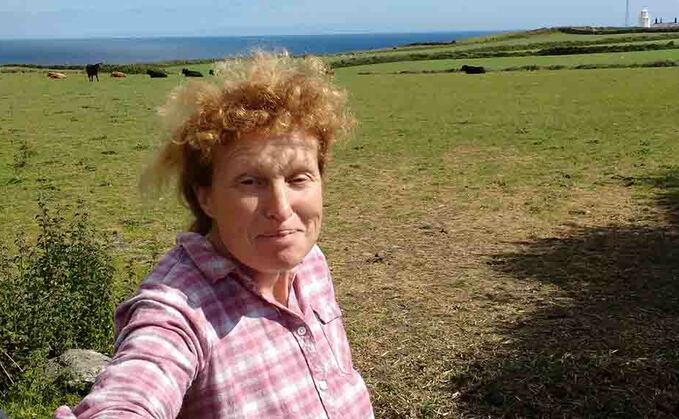
Autumn has been kind in Cornwall; prices have been good and tourism has been spectacular, so we should be cruising to Christmas with optimism and happiness. The Amiss family motto of resilience is ‘accentuate...

Autumn has been kind in Cornwall; prices have been good and tourism has been spectacular, so we should be cruising to Christmas with optimism and happiness. The Amiss family motto of resilience is ‘accentuate...
A new farm-to-fabric project aims to help showcase the qualities of wool by connecting farmers and designers. Emily Ashworth finds out more
The competitors who will be competing in Croatia, Switzerland and Denmark, are calling for support to help raise the £35,000 needed for their places
A move to regenerative farming has been helped by adding livestock breeds, changing systems and making use of technology on a Shropshire farm